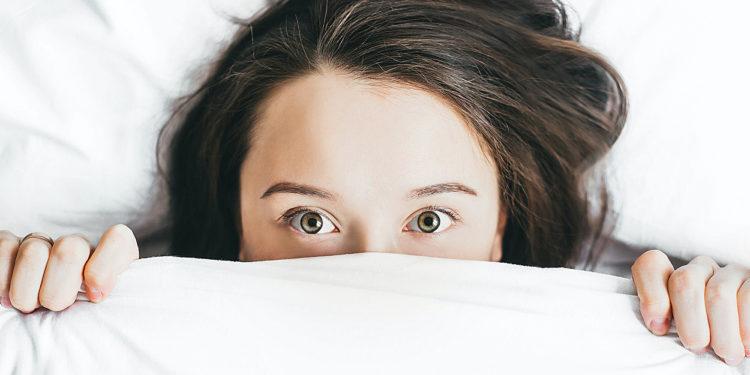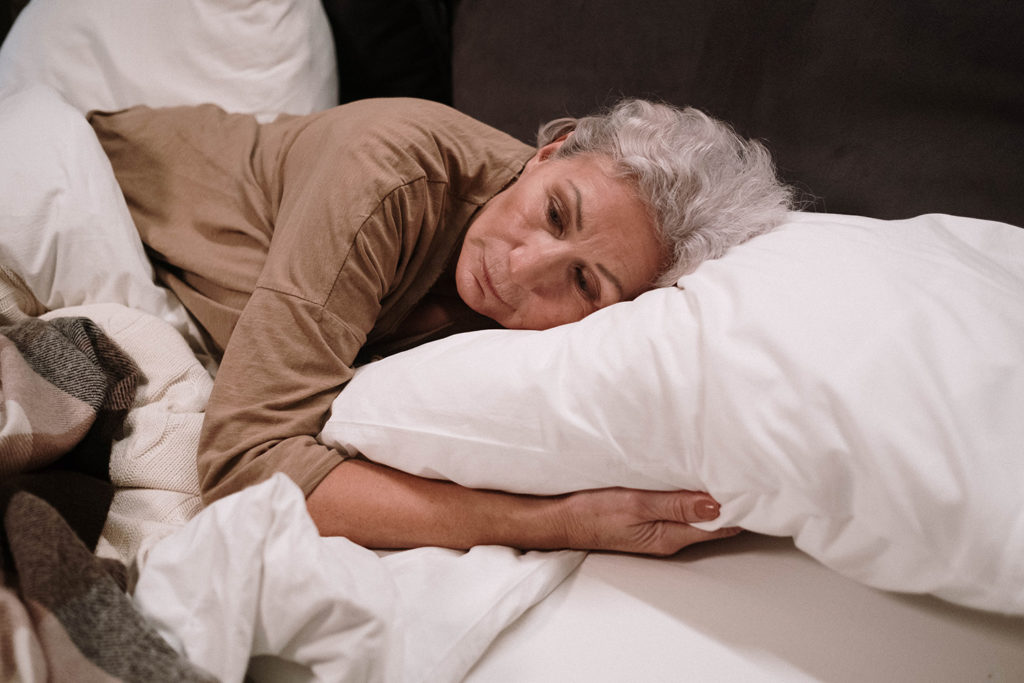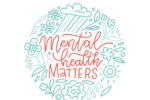It’s Time To Sleep

Developing a healthy sleeping pattern is an integral part of our overall well-being. For many people, however, sleep deprivation is a common problem.

Sleep has been described as “that condition of the body where the normal activities of the nervous system are so far reduced that consciousness is entirely wanting or at an extremely low ebb.” While that is such a clinical definition, sleep is something that we should all be able to do with our eyes closed. However, for many, it remains highly elusive.
If you struggle with getting a good night’s sleep – and naptime has become more or less your version of Happy Hour – then perhaps you are struggling with some type of sleep disorder, of which there are many.
“It’s no secret the average amount of sleep people require is just five minutes more.”
Developing a healthy sleeping pattern is an integral part of our overall well-being. Many people, however, cannot seem to establish a healthy pattern of sleep and instead seem to embrace more of a freestyle approach. Go to bed. Can’t fall asleep. Awake for two more hours. Toss and turn. Fall asleep for a bit. Awaken again. Stare at the ceiling. Finally, fall asleep and into the REM cycle. Alarm goes off five minutes later. Perhaps you know the drill. Yes, it can be incredibly frustrating, but it can also wreak havoc on your overall health and state of mind.
Common Sleep Disorders
A sleep disorder is something that interrupts your normal sleep pattern. Believe it or not, there are more than 80 different types of sleep disorders. According to MedlinePlus, here are a few of the major issues affecting countless people:
1) Insomnia
2) Sleep apnea
3) Restless leg syndrome
4) Hypersomnia
5) Circadian rhythm disorders
6) Parasomnia
Other causes of sleep disorders include heart and lung diseases, nerve disorders, pain, depression, anxiety, certain medications, and genetics. Others may have their sleep interrupted due to caffeine and alcohol intake or perhaps they work the night shift. Further, as you age, you spend less time in the deep, restful period of sleep and are more readily awakened.
If you feel tired and exhausted throughout the day, you may be suffering from a sleep disorder. Many individuals simply do not allow for adequate time to sleep each night. The amount of sleep your body requires depends on multiple factors, which include your age, lifestyle, overall health, and whether or not you have been getting a proper amount of sleep recently. Most adults require seven to eight hours of sleep each night.
Symptoms of Sleep Disorders
Even if you may not know the exact cause of your sleep issues, here are some indicators you may have a sleep disorder:
1) It takes you more than a half-hour to fall asleep every night.
2) You awaken multiple times throughout the night and then struggle to fall back asleep.
3) You take frequent naps during the day or may fall asleep at the wrong times throughout the day.
4) If you share a bed with someone, that person may indicate you snore loudly, make snorting or gasping sounds during the night, or experience brief moments where you are not breathing.
5) You sense a tingling or crawling feeling in your legs or arms that are alleviated when you move or massage them.
6) You experience vivid dreams when you are dozing or just falling asleep.
Diagnosing A Sleep Disorder
In order to determine whether or not you have a true sleep disorder and/or what type it might be, your health care provider will have to refer to your complete medical history, your sleep history and conduct a comprehensive physical exam. Your health care provider may have you undergo a sleep study to monitor and record data such as brain wave changes, eye movements, rate of breathing, heart rate, and blood pressure.
Treatments for sleep disorders
The approach to treating a sleep disorder depends on which type it is. The treatments may include lifestyle changes, such as adopting a healthy diet and regular exercise; engaging in cognitive behavioral therapy or certain relaxation techniques to help with anxiety about getting enough sleep; the use of natural products like melatonin; the use of a CPAP machine for sleep apnea or maybe even sleeping pills. Be aware, however, that the use of any medications or supplements is only intended for short-term use. Be sure to check with your health care provider before taking any of them.
Source: medlineplus.gov







